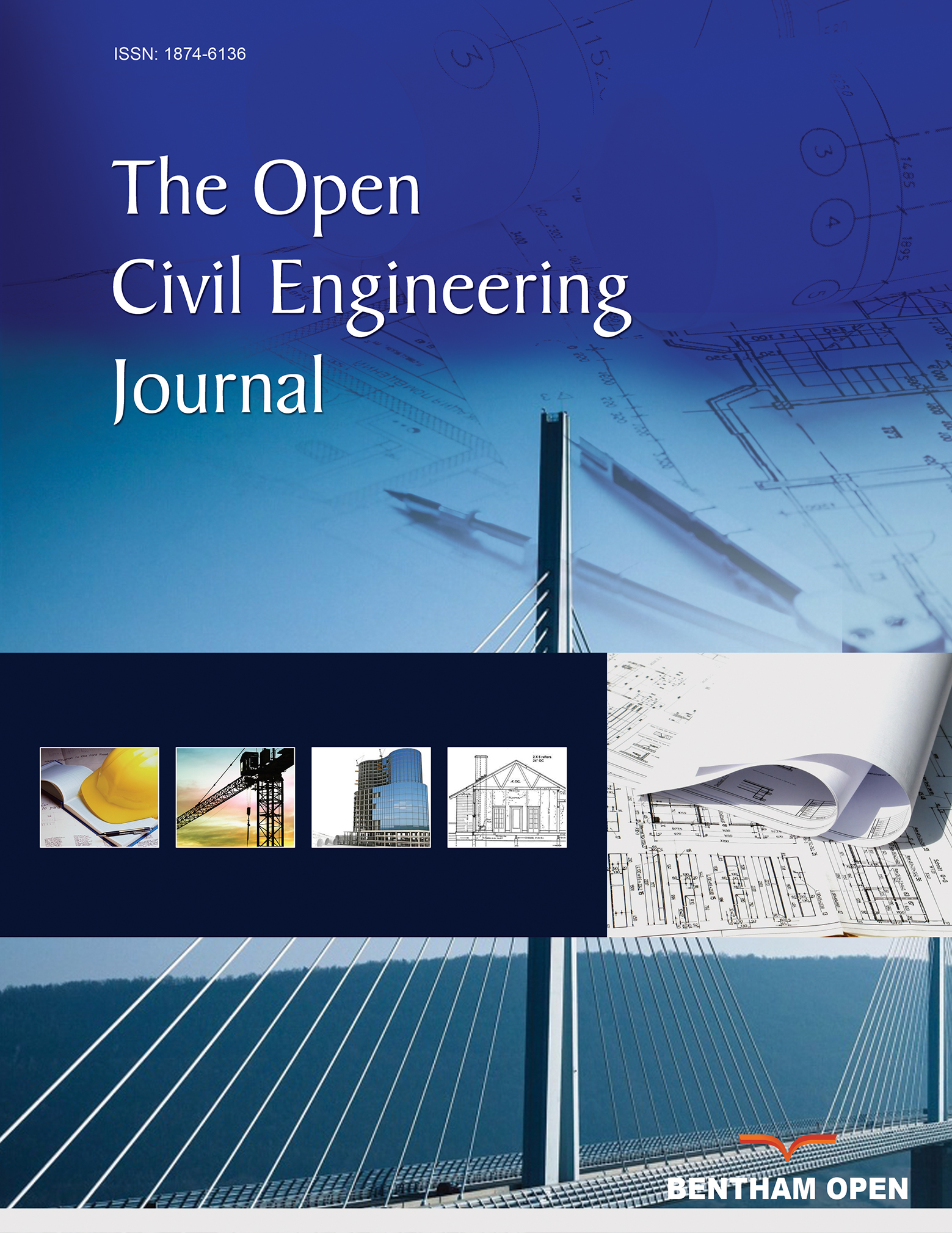All published articles of this journal are available on ScienceDirect.
Mechanical Performance and Durability of Date Palm Fibers Repair Mortar
Abstract
Background:
Concrete is the most widely used material in the world after water. However, concrete could be damaged under aggressive environments and many concrete structures require repair and frequent maintenance. Readymade mortars with and without synthetic fibers such as polypropylene and acrylic are often used as repair mortars. The partial replacement of cement by supplementary cementitious materials and the use of alternative fibers such as natural and agro-waste fibers could reduce the environmental impact of readymade mortars.
Methods:
This paper presents a comparative study between the performance of laboratory made and ready-made repair mortars. The laboratory repair mortars were based on date palm fibers and local mineral additions (slag and natural pozzolan). The volume ratio of date palm fibers addition was 0.75% and mineral additions content were fixed at 15% as cement replacement. Compressive strength, flexural strength, shrinkage and the bond strength by slant shear test and tensile strength of concrete by the pull-off method were investigated. The durability of the mortar was evaluated by water capillary absorption.
Results:
The results indicated that the addition of natural fibers and the substitution of cement by 15% of mineral additions improves the flexural strength but reduces the compressive strength of the fiber-reinforced repair mortar. The lowest values of total shrinkage, water capillary absorption and sorptivity were observed for repair mortars based on acrylic fibers compared to repair mortars with natural vegetables fibers.
Conclusion:
The mechanical and durability performances of laboratory made repair mortars were comparable to those of readymade mortars.


